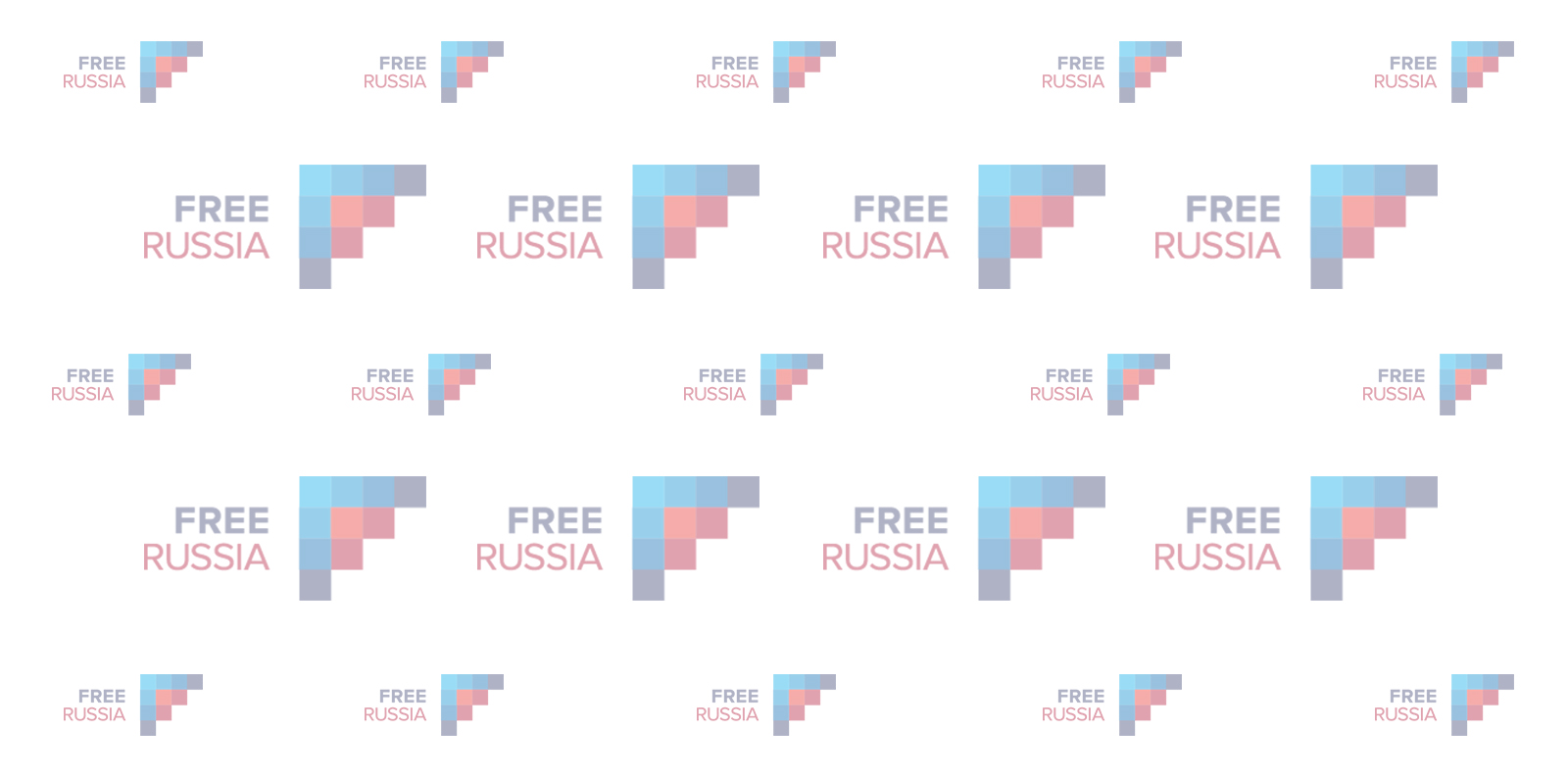Russia’s regional elections, held Sunday, proceeded more or less as expected for this pseudo-democracy. Election season began with specious disqualifications of the opposition Democratic Coalition parties from the majority of the regional contests, with the exception of Kostroma.
It continued with dirty tactics such as intimidation and criminal investigations of opposition politicians participating in the elections. And just to make sure that the opposition would have no credible claim to power, polling day appears to have featured the usual fraudulent tactics by pro-Kremlin forces—with over 1,700 suspected violations reported by independent monitor Golos.
Unsurprisingly, the ruling United Russia party won the governorship of all 21 regions in the election, as well as 11 regional legislatures, while the opposition failed in its goal to capture the minimum 5% of votes needed to qualify for seats in the legislature. According to Parnas candidate Ilya Yashin, the Parnas candidate in Kostroma, even discounting ballot stuffing the vote was insufficient to reach this threshold.
With these poor results, and with state repression of dissent continually tightening, is there any reason to believe this was anything more than pantomime?
I spoke with Vladimir Milov, one of the leaders of the Democratic Coalition and a veteran politician, prior to the election. He argued that regardless of the results, electoral participation is essential to building the credibility of the opposition throughout Russia. “For the past ten-to-fifteen years, what dominated our thinking, and what helped Putin a lot, was this mentality that we had to appeal to people through television,” Milov told me prior to the election. “Of course we don’t have that access, but also, you have to build these movements from the grassroots. You can’t stay in Moscow and hope five minutes on TV will get you anywhere.”
While United Russia and its satellite parties rarely bothered to release manifestos, the Democratic Coalition pounded the pavements. Stump speeches, door-to-door pamphleteering and pressing the flesh amongst sparsely attended events were met with pro-Kremlin stunts like sending an actor pretending to be an “American diplomat” to troll Yashin rallies in Kostroma.
That’s the least of the opposition’s troubles. Activists have grown accustomed to harassment and even politically-motivated criminal cases: for example, anti-corruption crusader Alexey Navalny was conveniently barred from competing in elections after being convicted of embezzlement (in a Soviet-esque move designed to increase the pressure on Navalny without making him a martyr, prosecutors sent his brother, Oleg, to jail instead). But it was the assassination of RPR-Parnas leader Boris Nemtsov earlier this year sent a palpable chill through the spine of the movement. The suspected poisoning of his close colleague, Vladimir Kara-Murza, three months later, suggested that the stakes for opposing the Kremlin may have permanently escalated.
Opposition forces have continually beat the drum of declining standards of living in an attempt to capture the attention of ordinary Russians, but thus far passivity—if not support for the Kremlin—seems to remain the dominant attitude of much of the public. According to Democratic Coalition activist Natalia Pelevine, the pressures the opposition face from the regime are compounded by the fact that “The people don’t vote—they don’t see that this is what you need to do to get a better situation, because it’s never really worked that way in Russia.”
Milov was more sanguine. “I’m probably being overly optimistic, but we have seen massive interest from ordinary people in what we’re doing,” Milov commented during the campaign. “There is a demand for alternatives.” Pelevine and Milov both disputed the common characterization of Russians as gripped by pro-Putin, pro-war jingoism. Indeed, with the Ukrainian campaign over a year old and the effect of the economic downturn starting to really bite, Pelevine describes the public mood as predominantly cynical, and both assert that support for Putin is vulnerable to circumstance. “People see Putin as a symbolic figure, and they support the symbol. But they hate the corruption, they hate the system,” argued Milov.
The local elections are, of course, an important test run for the September 2016 Duma elections, where the Democratic Coalition also intends to field candidates, and which will be seen as a far more important test of the regime’s willingness to continue its crackdown. Milov and his colleagues will spend the next 12 months rolling out their agenda and continuing their outreach throughout Russia. In the short term, Navalny has announced a protest on the 20th of September—the first to be held since Nemtsov’s assassination in late February. Whether their message of opposition to these fixed elections will recapture the momentum of the protests of 2011-2012—and whether the experience gained in this unsuccessful competition will yield fruit—remains to be seen.

